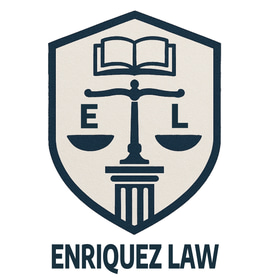Understanding Theft and the Duty to Return in Philippine Law
Here's what the crime of Theft constitutes.
5/26/20252 min read


It's a scenario we all hope to avoid: losing a valuable possession or, worse, having it stolen. In the Philippines, the law provides clear distinctions between these two unfortunate events and outlines both criminal penalties for theft and civil obligations for those who find lost items.
Let's delve into the legal landscape surrounding theft and the fascinating, often overlooked, duty to return under the Civil Code, complete with a potential reward!
Theft in the Philippines: A Crime Against Property
Theft, as defined by Article 308 of the Revised Penal Code, is committed by anyone who, with intent to gain but without violence against or intimidation of persons, nor force upon things, shall take the personal property of another without the latter's consent.
To break this down, here are the key elements the prosecution must prove for a conviction of theft:
Taking of Personal Property: The act of physically moving or possessing the property.
Belonging to Another: The property must not be owned by the person taking it.
Intent to Gain (Animus Lucrandi): The purpose of the taking is to derive benefit or profit, even if temporary.
Lack of Owner's Consent: The taking must be done without the permission or authority of the lawful owner.
No Violence, Intimidation, or Force: This is the crucial distinction that separates theft from robbery. If any of these are present, the crime escalates to robbery, which carries much heavier penalties.
Qualified Theft: It's important to note that theft can be "qualified" under certain circumstances, leading to higher penalties. This occurs, for example, when the theft is committed by a domestic servant, with grave abuse of confidence (e.g., an employee stealing from their employer), or if the property stolen is a motor vehicle, mail matter, or large cattle. The key here is a breach of trust or the nature of the item stolen.
The Penalties: The penalties for theft in the Philippines vary depending on the value of the property stolen. They can range from arresto mayor (imprisonment of 1 to 6 months) for smaller amounts to reclusion perpetua (20 years and 1 day to 40 years) for very high-value items, especially in cases of qualified theft.
Disclaimer: This blog post provides general information and should not be considered legal advice. It is always best to consult with a qualified legal professional for specific situations and legal guidance.
